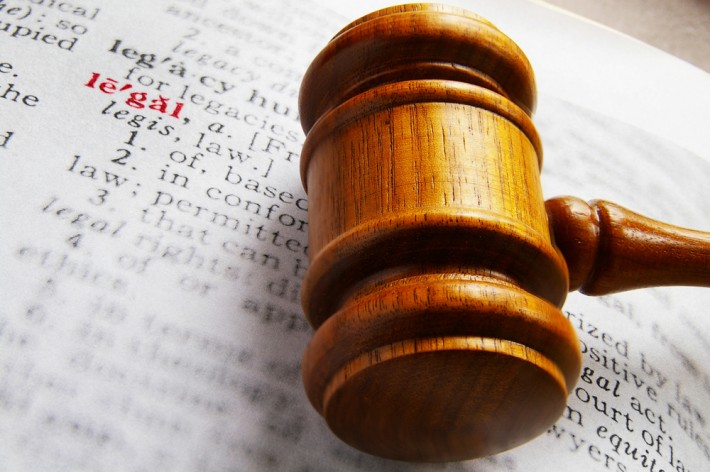New Internet laws that present additional security for users have a variety of affects on businesses. The legislation hinders control over these companies in that they are no longer allowed to monitor employees online. They also require additional licenses for end users to use visual and audio elements within websites. The following are a few new Internet laws and security measures that change the way businesses and customers interact virally.

Internet Privacy Protection Act
In relation to businesses, this act prohibits penalization of applicants who opt not to provide information pertaining to their personal social media profiles. Companies are not allowed to monitor potential or current employees who utilize Facebook, Twitter, or other communal media outlets, under this legislation. The concept hinders the right to protect the company’s reputation when employees post inappropriate or socially damning content or photographs. Under this act, business owners could not require employees to add them or company representatives as a friend or follower of their profiles or pages. The same is true for state schools.
Big Data
Laws applied to data mining referred to as big data prohibit the use of large chunks of existing data protected under a copyright. This concept applies to businesses conducting research for the creation of white papers and other new documents. Under these laws, businesses must acquire documented permission from the original owner of all data used. In-depth research requiring the use of numerous data sets would need multiple agreements to use data protected under copyright. In turn, creation of research documentation and white papers would require extensive time frames to acquire permission from all copyright holders.
Intellectual Property Law
Intellectual property laws apply to any property protected under copyright or trademark. The same applies to trade secrets. The laws protect and hinder businesses. They protect them by preventing the use of their own intellectual property by other businesses or individuals. The laws hinder businesses in the respect of business names, domain name use, audio and video, and documents protected under the law.
For example, World Wrestling Entertainment was once called the World Wrestling Federation. When the major franchise elected to design a website, it changed its name to reflect the wwe.com domain name as the World Wildlife Federation was the legal owner of the wwf.com domain name. Under intellectual property laws, wwf.com was a trademark owned by the World Wildlife Federation and use by the World Wresting Federation was actionable due to compliance with such laws.
Digital Millennium Copyright Act
This act is an extension of the Fair-Use Act. Under this legislation, businesses may purchase limited rights to elements protected under copyright laws for business purposes. For example, online magazines purchase photographs, videos, and music files for commercial use. The act protects businesses that produce these elements by ensuring payment for anyone wishing to utilize their digital elements. The overall purpose under this act is to boost the security of these elements and protect their owners from infringement.
Email Phishing
Email phishing has become a major issue before the security of businesses and chief corporations. These emails appear as legitimate business correspondences but require users to enter login credentials to the respective account. Unfortunately, users who type in this information provide hackers with access to the business network, which results in massive security breeches. Laws related to email phishing enable prosecution of offenders, although specific legislation does not apply to crimes.
New Internet laws affect businesses in a multitude of ways. Some concepts secure the company, and its properties protected under copyright and trademark laws. Other regulations hinder businesses to screen prospective employees by monitoring social media accounts. All in all, the existing Internet laws are intended for security purposes that affect companies in both negative and positive manners.
Author Bio: Daniel Adler is a writer and blogger who designs law-related articles. In this article, he explains a few new Internet laws and supports continued study with a law degree at California Western School of Law.











Leave a Reply